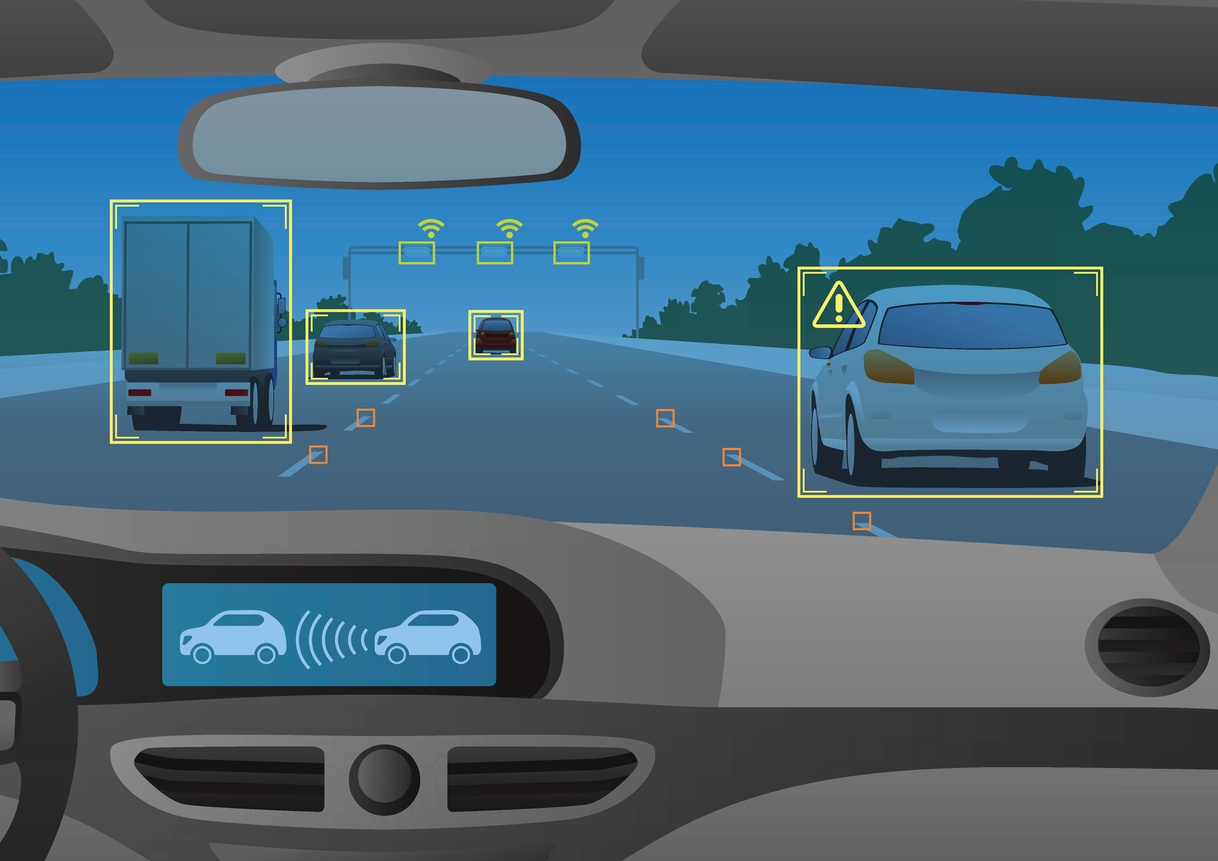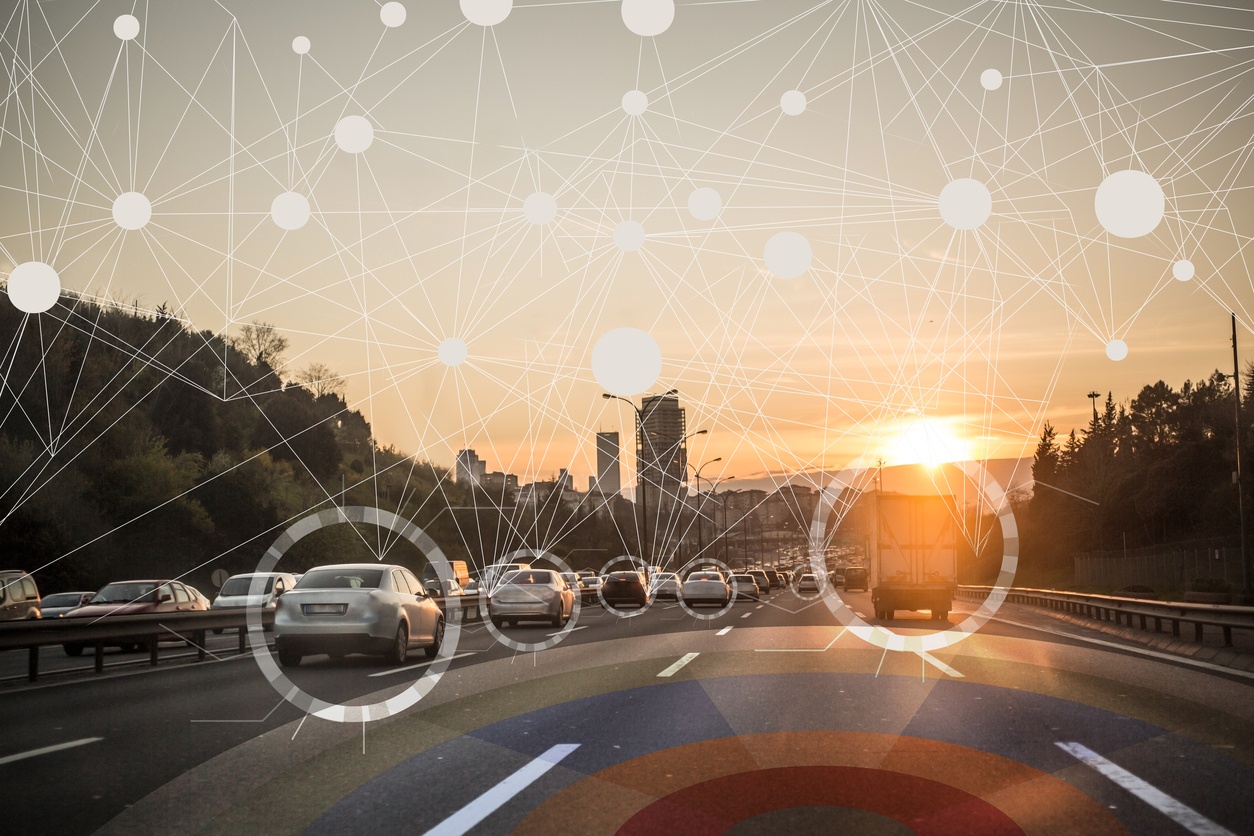Countless movies covered it, humans expected it, and now the future is here. Self-driving vehicles are upon us. Self-driving vehicle technology is currently one of the most discussed topics in the transportation industry – and might be one of the most controversial ones.
Could you imagine a few years ago, that it would be the actual thing? But here we are and it’s becoming real. Uber has developed self-driving cars that are already in use. Technology is reshaping all aspects of our lives, including logistics and supply chain – will self-driving trucks be a blessing or a curse for the industry?
All those in favor, say:
Eliminating human error
Human error is one of the most common causes of traffic accidents. Software doesn’t text and drive, violate traffic regulations or drive drunk. Cutting these out of equation may contribute to fewer accidents and overall better road safety.
Reducing traffic jams
Software can analyse and evaluating traffic data, and choosing better routes without a human behind the steering wheel trying to decide which road to take. Moreover, much of traffic is caused by drivers violating traffic regulations, trying to squeeze in and save a few minutes – and contributing to the congestion.
More efficient shipping
For supply chain, self-driving trucks mean faster transit times (software doesn’t need 8 hours of sleep), enhanced tracking options and fewer delays which will contribute to better and more reliable service. Reducing driver costs and maximizing fuel efficiency with smarter routes and traffic evaluation will affect and potentially lower shipping expenses.
All those opposed, say:
Is it safer though?
Of course, self-driving trucks comply with all traffic regulations and eliminate human error – but what about other vehicles, operated by real human drivers? Software lacks human intuition and might not be capable of reacting properly in an unexpected situation. Having both, driverless and regular vehicles on the road may trigger more traffic accidents, especially at the beginning of this transition.

Software vulnerability
Recently, we have witnessed a variety of example of software vulnerability. We have also found out that no matter how sophisticated the security systems are, they might be hacked as well. Whether ‘just for fun’, or for financial profit – purely technology-operated vehicles are potentially vulnerable. Even if unintentional – how often does your phone or computer glitch? In this case, it may cause serious consequences.
Job cuts
Probably one of the most widely discussed cons of this new technology. The drivers are an essential part of the transportation industry – self-driving trucks will completely change the whole industry as it is. Will it eliminate all drivers? Probably not, but it’s likely to spike unemployment and put a number of drivers out of a job as the attention will be shifting from currently required driver skills to more technology-oriented ones.
What do you think about the potential impact self-driving technology will have on the industry?
Read next: Automated Trucks are Here: How Should Drivers Prepare?, 3.4 Million Drivers Not Enough

